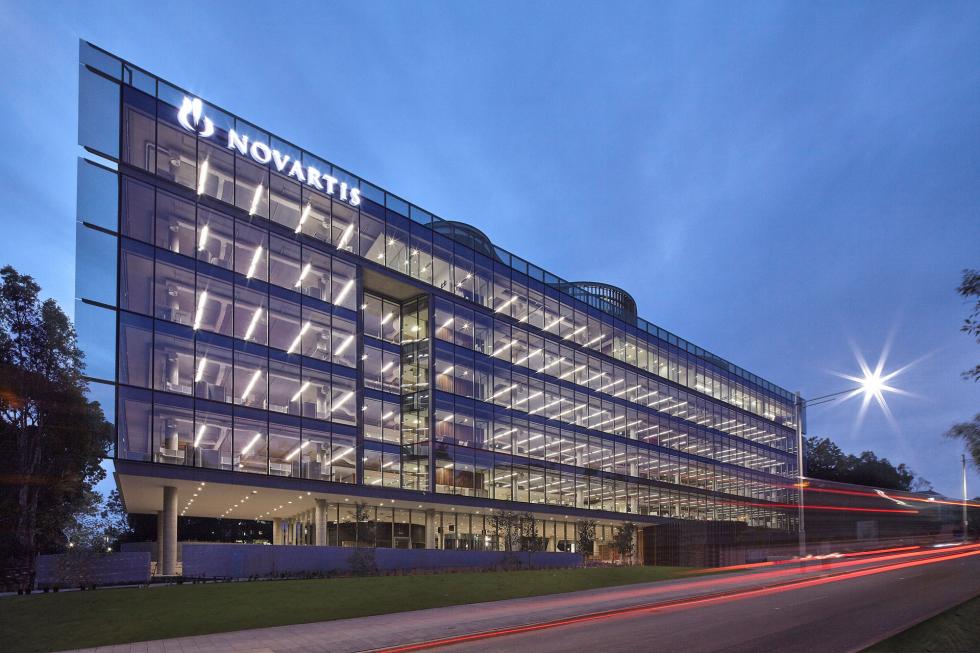Novartis buys into bispecific antibodies with Xencor deal

Novartis has sealed an $150 million deal with Xencor to develop antibody drugs that bind cancer-killing T-cells with tumour cells.
The collaboration and licensing agreement to develop bispecific antibodies adds to its already extensive immuno-oncology pipeline.
Bispecific antibodies are a promising next-generation version of the well established biologic drugs - Roche's haemophilia drug ACE910 (in phase 3 trials) and Amgen's Blincyto (blinatumomab, approved in 2014) are two notable examples of drugs using the technology.
While traditional monoclonal antibodies target and bind to a single antigen, bispecific antibodies target two different antigens, which makes them potentially more effective in targeting complex diseases. A T-cell engaging bi-specific antibody is able to bind an antigen on a tumour cell with one arm and engage T-cells capable of their destruction with the other.
Novartis has been playing catch up in immuno-oncology for some time, and the Xencor deal now gives it a virtually full checklist of all the promising platforms in the field today.
Its immuno-oncology portfolio includes novel checkpoint inhibitors, chimeric antigen receptor T-cell (CAR-T) technology, myeloid cell targeting agents, the T-cell stimulating factor IL-15, STING agonists that enhance immune recognition of cancers, and adenosine receptor antagonists and TGF-beta blocking antibodies that overcome immunosuppression in the tumour microenvironment.
The Swiss pharma firm will co-develop the California-based biotech's antibody specialist two T-cell engaging bispecific antibodies targeting acute myeloid leukaemia and B-cell malignancies.
Novartis will receive rights to develop four additional drugs and the right to use Xencor's antibody engineering platform to develop up to 10 additional antibodies for immuno-oncology and other diseases.
The companies will collaborate to co-develop Xencor's two bi-specific T-cell engaging antibodies targeting CD3xCD123 and CD3xCD20 for the treatment of acute myeloid leukaemia and B-cell malignancies.
Seven of Novartis' immuno-oncology programmes are in the clinic and five more are expected to enter the clinic individually and as combinations by the end of 2016.
Xencor is receiving a $150 million upfront payment from Novartis and the two companies will equally share the cost to jointly develop two Xencor antibodies targeting the CD3 domain. Xencor retains full US commercial rights to these drugs, and Novartis has ex-US commercial rights.
In addition to these antibodies, Novartis receives worldwide rights to develop and commercialise four additional bi-specific drugs, with Xencor eligible to "opt in" to one of these drugs in the U.S.











